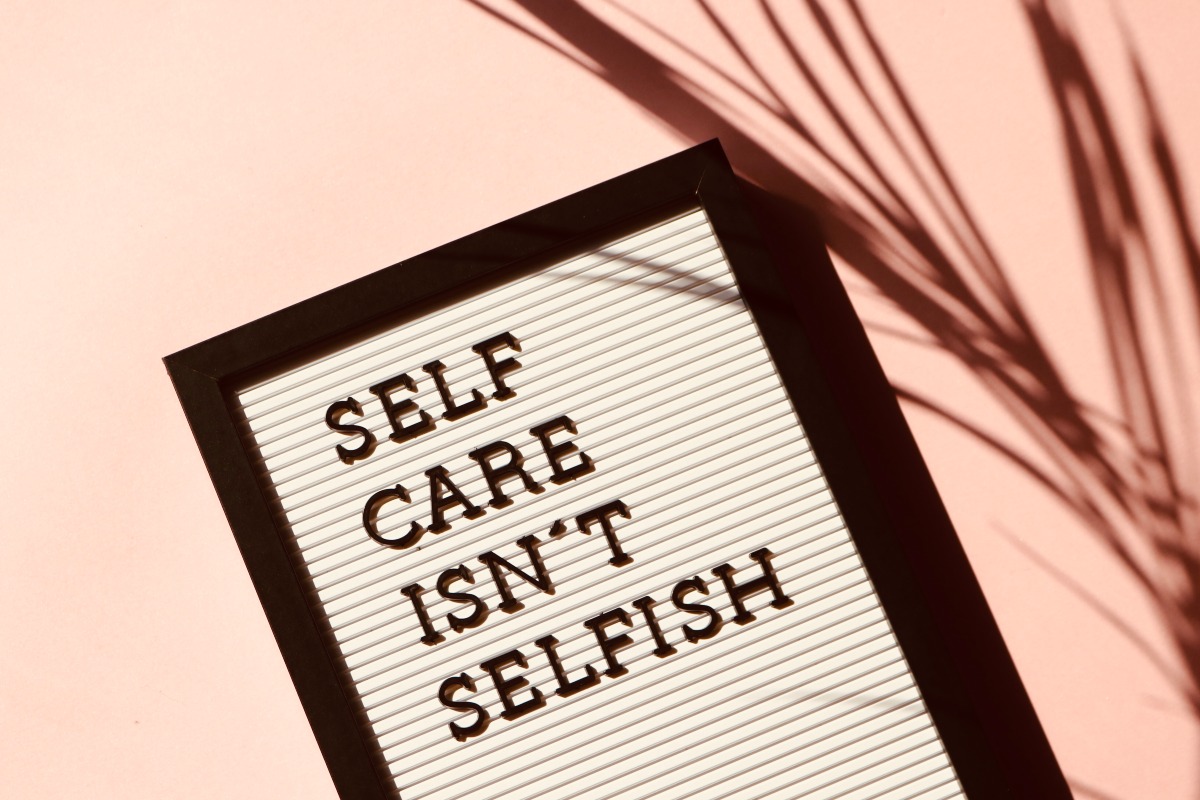
You have heard it time and time again. Perhaps you find yourself reminding others to practice self-care but find yourself hesitant to put your words into action. It can be easy to do this, especially around the holidays. However, self-care is the most important part of your journey in recovery.
Being aware of the mental, emotional, and physical aspects of recovery is essential. This awareness helps to connect yourself to being the best version of yourself. It can be simple as daily hygiene or as complex as monthly budgeting. No matter where you are in your recovery, you can improve your self-care.
Recovery is much more than eliminating the substances that had control over you. It is about learning to be your best self and walking into a new, healthier way of living.
What Does Self-Care Mean?
Many people associate self-care with taking care of your hygiene. Although that is a form of self-care, it is so much more. Self-care is everything that you engage in to refuel your mind and body. It can range from basic tasks like brushing your teeth to going into the woods to recharge your mind.
Sometimes you may think that it is selfish to put all the focus on yourself; however, this cannot be further from the truth. You have learned to put yourself first in your recovery and need to continue to do so no matter what. Taking several minutes out of your day to practice loving yourself creates a better version of yourself. This allows you to grow and be the best version of yourself for others.
Why Is Self-Care Important in Recovery?
You cannot pour from an empty cup. If you do not take care of yourself in recovery, then you will not be your best self. Abandoning your care puts you in a space of constantly picking up pieces of yourself. This prevents you from growing in recovery.
Changes in your lifestyle are influenced by changes in your mental and physical health. You have put in all the work to change certain aspects of your life, which could put you in a space that is overwhelming in the daily demands of life. If any of this resonates with you, it could mean that taking an adult time-out is essential.
Ignoring self-care puts you in survival mode, which can lead to poor decision-making and anxiety. You have worked hard to get to this point. Do not ignore what your body is telling you.
Helpful Ways to Practice Taking Care of Yourself
One important point to remember is that self-care is not selfish. Self-care is one of the most important things that you can do for yourself in recovery. An acronym that is common within recovery is HALT, which stands for hungry, angry, lonely, and tired. Experts say that this acronym helps with identifying the physical responses that your body feels when overwhelmed. Some helpful ways to practice self-care include the following.
Build a Self-Care Toolbox
One thing you learned in treatment is that you have many healthy coping skills to aid you on your recovery journey. Self-care is no different. You can use any healthy coping skill to practice self-care.
For example, perhaps you like to be outside, and your decompressing entails adventure therapy. This is an amazing tool for someone to utilize if they appreciate the value of exploration of all that the natural world has to offer. Maybe you enjoy taking time to stretch and ground yourself. If this is so, yoga and meditation may be activities that you would enjoy. Yoga teaches you to relax and gain inner peace.
There are numerous activities that you can participate in and reap benefits from. How you practice self-care depends on what motivates you within your recovery. You might be ready to create a self-care toolbox. This will be a set of predetermined tools that you can use when you are not coping well. There is no right or wrong within your toolbox.
Develop a Routine
Even if you are a person who does not do well with a schedule, it is important to establish some sort of routine to maintain when stress occurs in your life. Without a routine, you may get overwhelmed in your life, and anxiety can fester. A routine helps you complete tasks faster and maintains your mood. It helps to know the tasks you need to get done and helps with establishing time for enjoyment.
Enjoy Yourself in Self-Care
Take a moment and think of the activities that make you smile. It is crucial to participate in activities that make your heart happy. This will decrease overall stressors in your life. You are in an important moment in your recovery; spending time doing what you love teaches you that you are worthy of attention and love.
Practice Gratitude
Noticing the small joys in your life can boost your mood. Even on your most difficult day, you have the gift of recovery and all the grace that it brings. Try practicing gratitude daily and watch how your mood is lifted.
You may feel overwhelmed by life’s demands. Making more hours in the day is not going to happen. You may want to give up, but you know that is not an option. Self-care is the answer to your problem. Maybe you have been thinking about how to take care of yourself better but think that it is selfish. Or perhaps you have no idea where to start. Self-care is important for you to maintain a healthy mindset in recovery. After all, you have come this far, and you deserve time for yourself. At the Guest House, we value self-care and will teach you how to put yourself first. Call us at (855) 483-7800 to learn more.